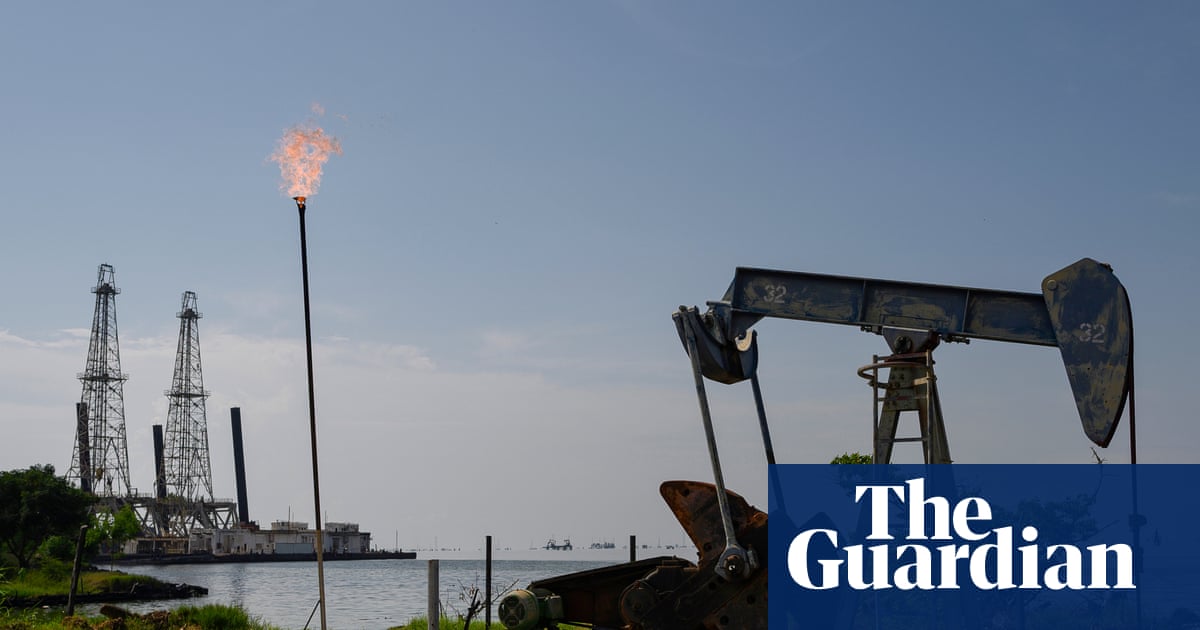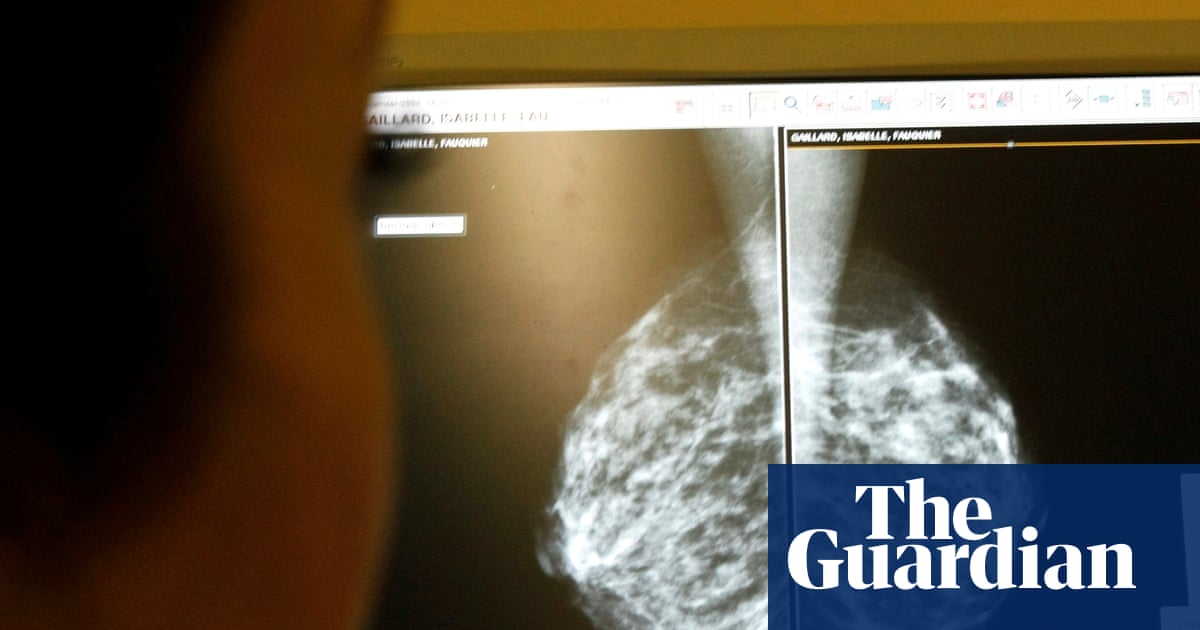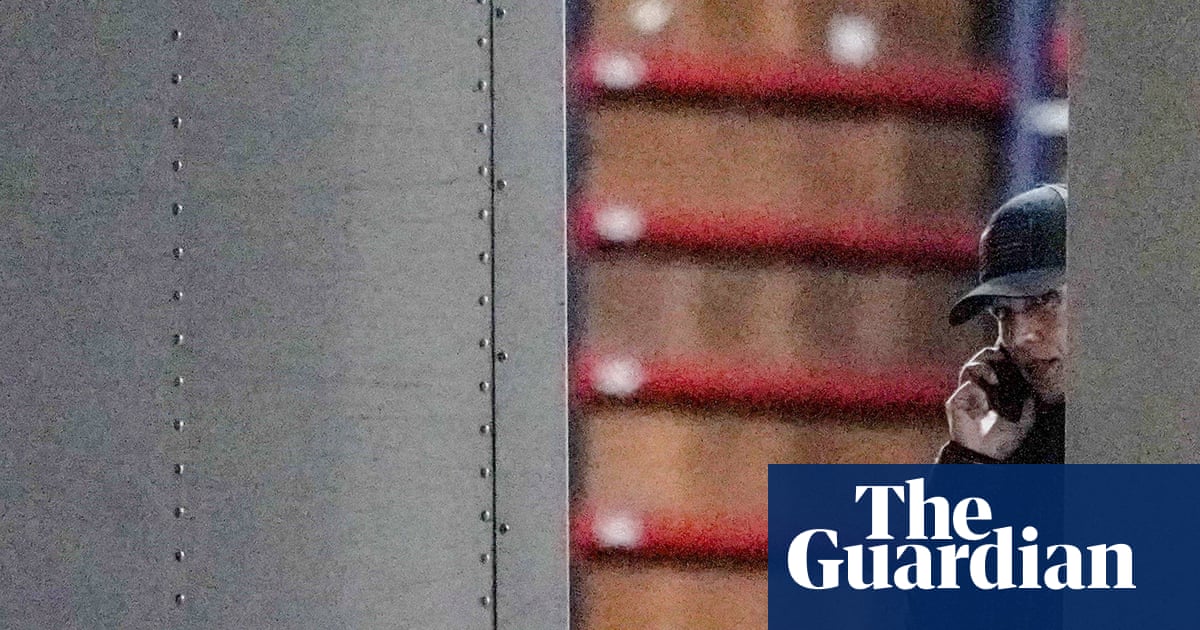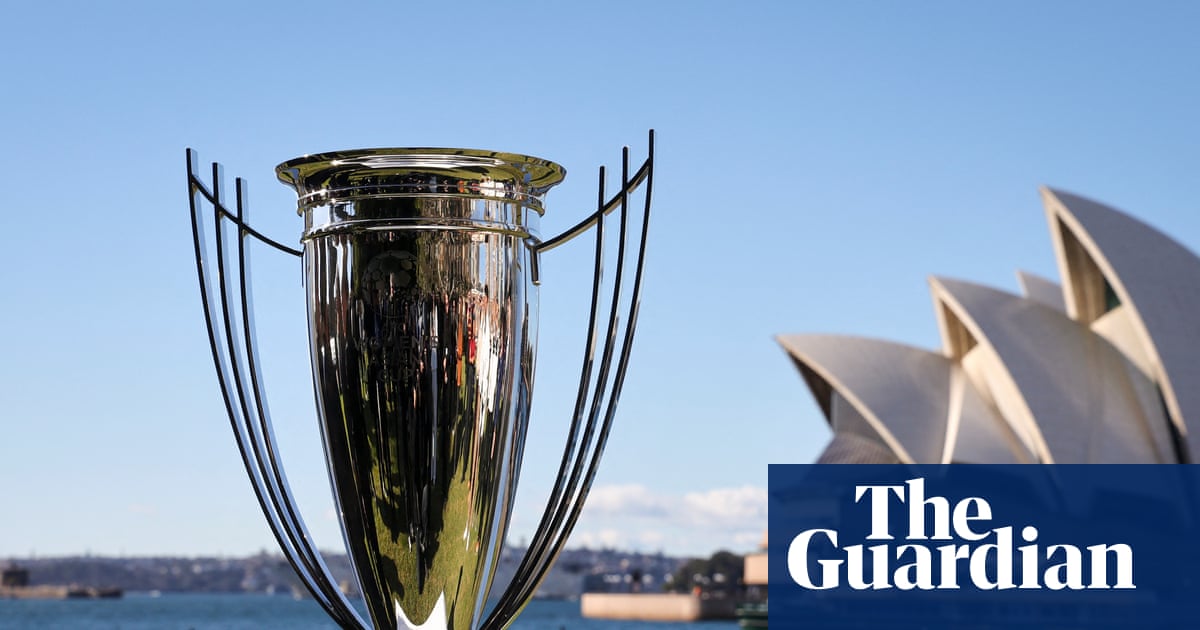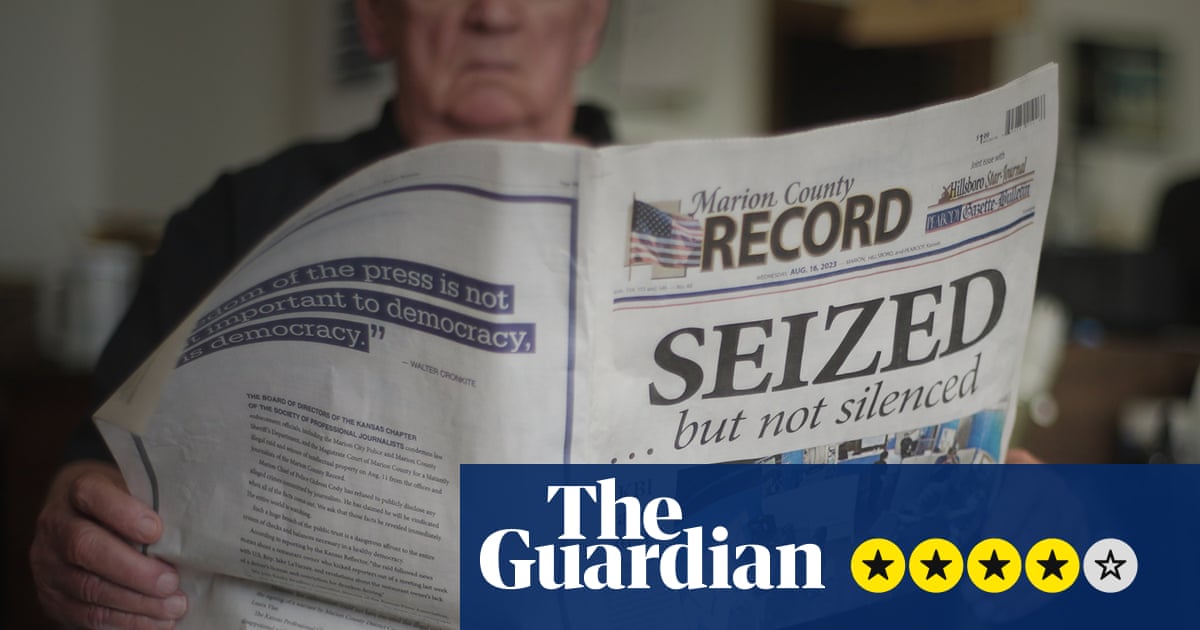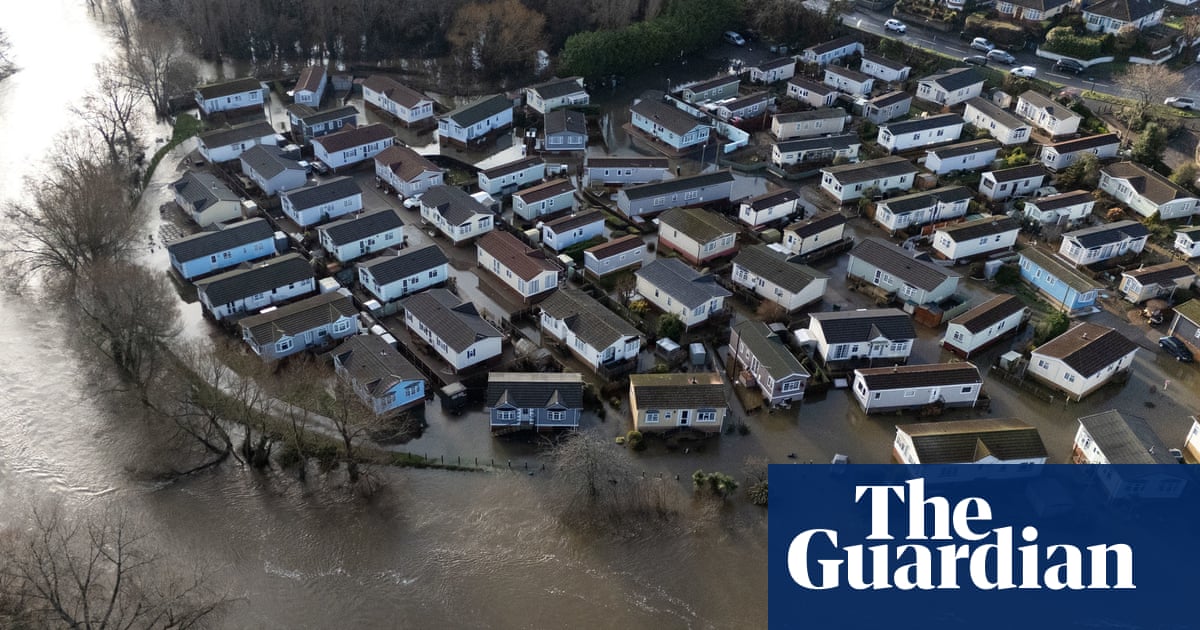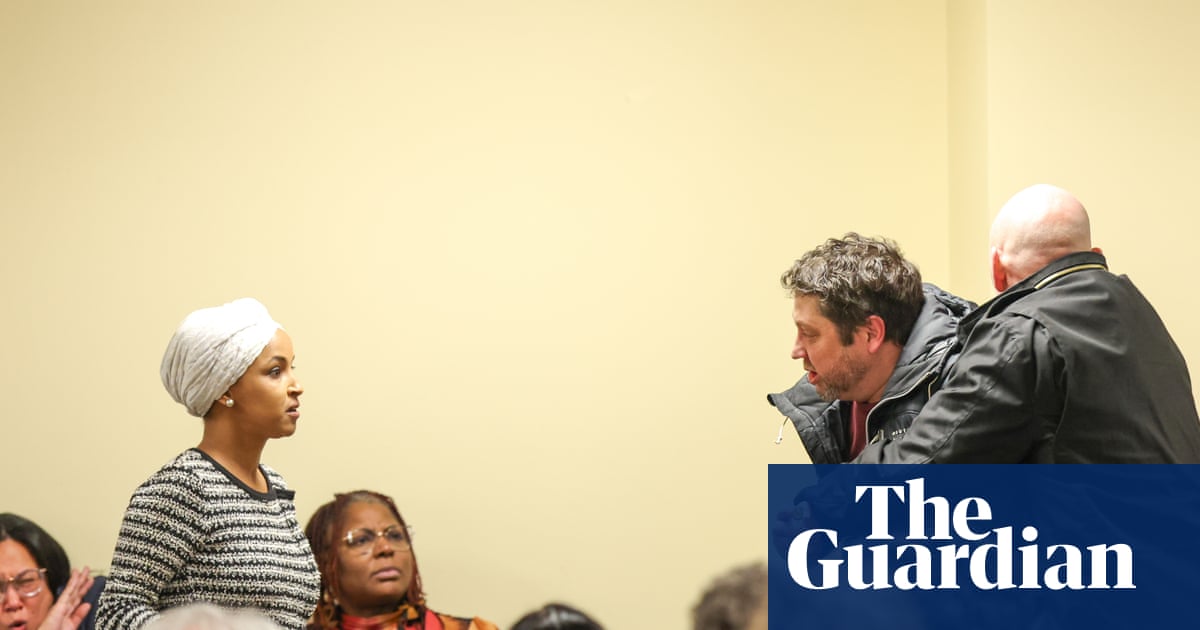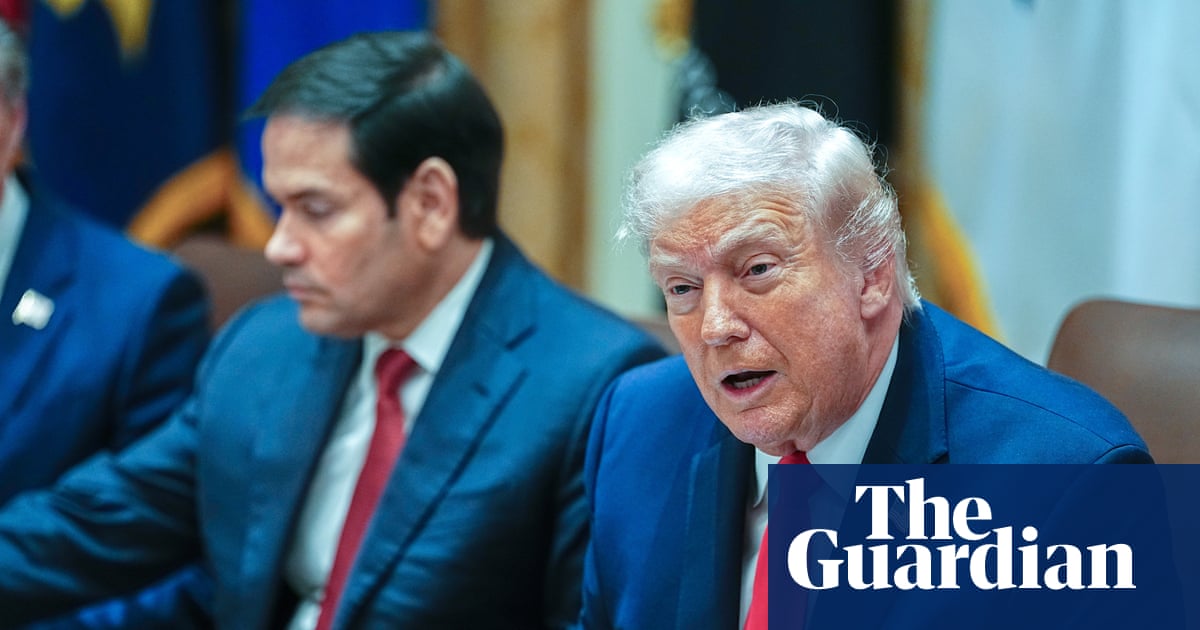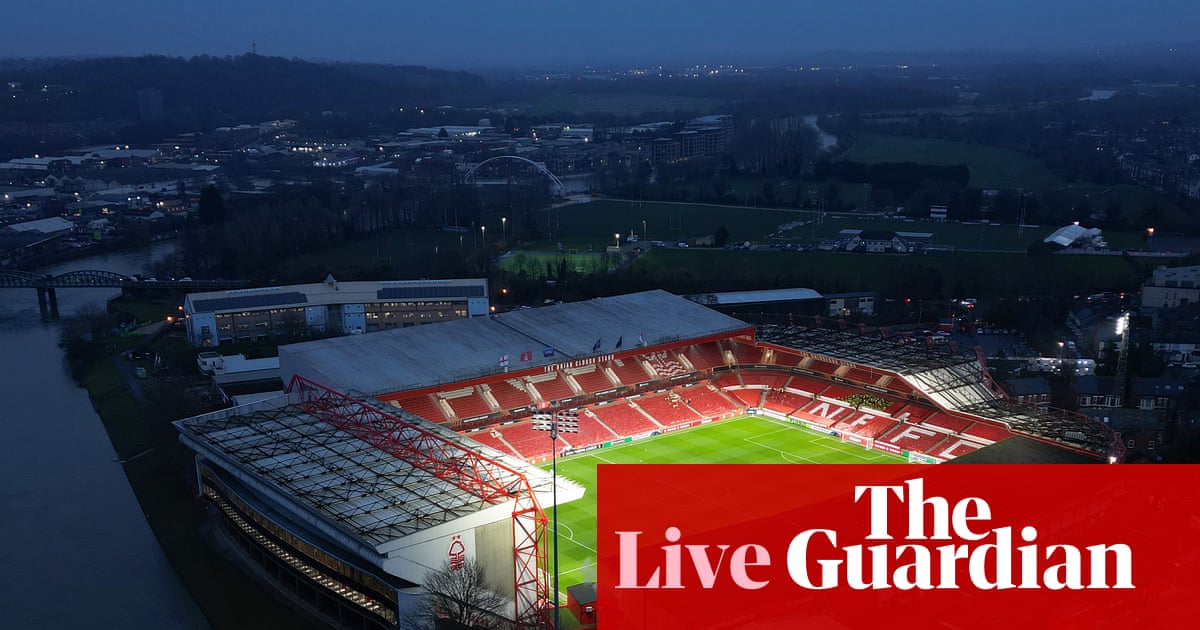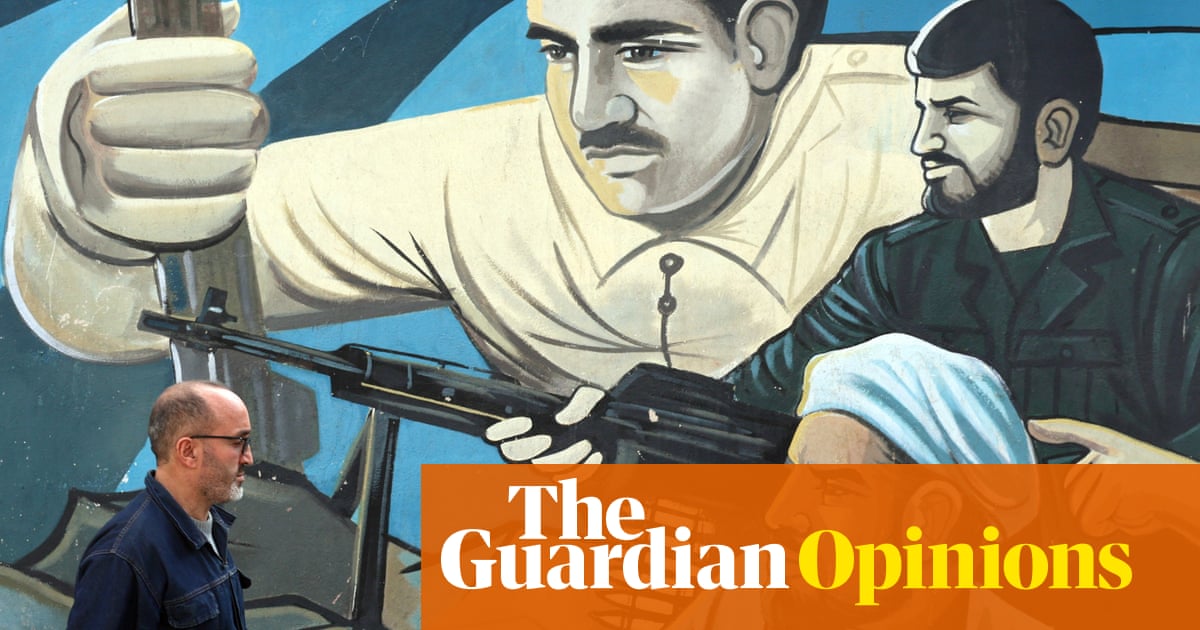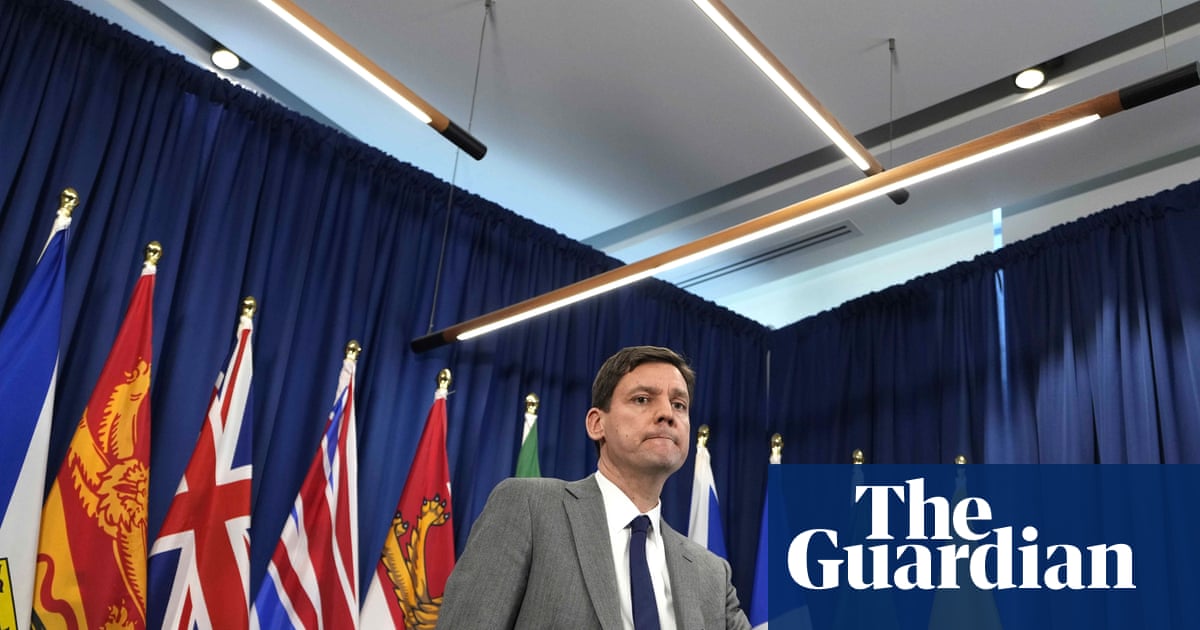UN security council passes US-drafted resolution authorising an international stabilisation force in Gaza
The UN security council has voted to pass the US-drafted resolution regarding the mandate for an International Stabilisation Force in Gaza, one of the key points in Trump’s Gaza plan.
Key events Show key events only Please turn on JavaScript to use this feature
After the vote, Mike Waltz thanked the council for “joining us in charting a new course for Israelis, Palestinians and all the people in the region alike”.
Thirteen nations voted in favour, none voted against, and two countries abstained.
The abstentions were Russia and China.
UN security council passes US-drafted resolution authorising an international stabilisation force in Gaza
The UN security council has voted to pass the US-drafted resolution regarding the mandate for an International Stabilisation Force in Gaza, one of the key points in Trump’s Gaza plan.
UN security council meeting under way
The UN security council meeting is under way now.
Mike Waltz, the US ambassador, describes Gaza as “hell on earth” after two years of war, and holds up a copy of the resolution, describing it as “a lifeline”.
He asks, if the Arab and Muslim-majority nations accept this resolution, “how could anyone be against it?”
I ask everyone today: are you more righteous in this cause than those who must live with it, and who ultimately will benefit from this plan for peace.
US planning on dividing Gaza into 'green zone' and 'red zone'
The US is planning for the long-term division of Gaza into a “green zone” under Israeli and international military control, where reconstruction would start, and a “red zone” to be left in ruins.
Foreign forces will initially deploy alongside Israeli soldiers in the east of Gaza, leaving the devastated strip divided by the current Israeli-controlled “yellow line”, according to US military planning documents seen by the Guardian and sources briefed on American plans.
The US military plans raise serious questions about Washington’s commitment to turning the ceasefire announced last month into an enduring political settlement with Palestinian rule across Gaza, which was promised by Donald Trump.
Plans for Gaza’s future have been shifting at a dizzying rate, reflecting a chaotic, improvised approach to resolving one of the world’s most complex and intractable conflicts and providing aid including food and shelter to 2 million Palestinians.
Israeli rightwing ministers rally against prospect of Palestinian statehood
Patrick Wintour and Jason Burke in Jerusalem
Saudi sources said it was remarkable that Donald Trump was backing a motion to the UN endorsing the concept of a Palestinian state. The Trump administration has largely ignored the UN or used its veto throughout the Gaza conflict.
Israel’s prime minister, Benjamin Netanyahu, faced with a backlash from within his own government over the clause, said at his weekly cabinet meeting on Sunday that he did not need encouragement from anyone to express his opposition to a Palestinian state but that the clause was necessary since “no country was eager to join the multinational force in the Gaza Strip”.
On Saturday, the far-right ministers Itamar Ben-Gvir and Bezalel Smotrich had called on Netanyahu to denounce the idea of a Palestinian state. Smotrich said the prime minister had “chosen silence and diplomatic disgrace” while Ben-Gvir threatened to leave his coalition.
Though both ministers were primarily rallying their own supporters before a looming election, a far-right walkout could bring down Netanyahu’s rightwing government well before the country goes to the polls, which must be by October 2026.

The Israeli defence minister, Israel Katz, and the foreign minister, Gideon Saar, also posted statements on X denouncing a Palestinian state on Sunday, without mentioning Netanyahu. “Israel will not agree to the establishment of a Palestinian terror state in the heart of the Land of Israel,” Saar wrote.
Netanyahu has long opposed a Palestinian state, saying in recent months that its creation would reward Hamas and endanger Israel’s security. Speaking to his cabinet, Netanyahu said on Sunday that Israel’s opposition to a Palestinian state had “not changed one bit”.
Pressure for progress towards Palestinian statehood increased during Israel’s war in Gaza. In September, the UK, Australia and Canada formally recognised a Palestinian state in Gaza and the occupied West Bank, where settler violence against Palestinians has surged and Israeli politicians have raised threats of annexation.
UN vote critical to legitimising International Force
Frances Mao
Now that the first phase of Trump’s plan – the return of hostages and exchange of prisoners – has been completed, this UN vote is crucial to the implementation of phase two.
The resolution is “critical” to this phase is because it “gives legitimacy and a mandate” for the deployment of the International Stabilisation Force (ISF), says Urban Coningham, an analyst with the London-based Royal United Services Institute defence and security think tank.
This gives the ISF legal precedent as well as a sense of security for countries that contribute to the ISF and to humanitarian assistance.
He says the resolution also sets out activities for the ISF such as working on demilitarising the Gaza Strip, although what kind of demilitarisation is not mentioned and “defining it remains a significant obstacle to be navigated”.
Without the ISF, it is very difficult for aid to be delivered and distributed in the strip, as well as for reconstruction efforts by the Board of Peace to begin. So this is a necessary first step before that can begin.
Arab and Muslim-majority countries supporting ISF vote
As mentioned earlier, the US has received strong backing and input from Arab states for this UN resolution and also Trump’s wider plan.
A joint statement of support for the ISF proposal was issued by nine countries including Qatar, Egypt, Pakistan, Jordan, Turkey, Indonesia and Saudi Arabia.
These states will be crucial in forming the main contingents of the ISF, training a new Palestinian police force and providing funding for the strip.
Their involvement likely explains the substantial US policy shift in mentioning a future Palestinian state, “as Arab rulers argue they cannot contribute to the ISF or rebuilding without some form of positive political horizon to aim for”, says analyst Urba Coningham from RUSI thinktank.
However there is still unease about the Trump plan remains among Muslim countries.
UAE and Jordan have both said they cannot supply troops while Israel has vetoed Turkey joining the force on the basis that Turkey is too close ideologically to Hamas.
What is this proposed International Stabilisation Force (ISF)?
This idea of an international force stabilising Gaza comes from Trump’s 20-point plan.
The new force, the UN resolution draft says, would receive a two-year mandate under the resolution and help secure border areas, protect civilians, secure humanitarian aid corridors and work on the “permanent decommissioning of weapons from non-state armed groups”.
Trump wants Arab or Muslim forces to supply troops for the force, which means its mandate and the prospect of a Palestinian state must be acceptable to Arab states.
Saudi sources said it was remarkable that Trump was backing a motion to the UN endorsing the concept of a Palestinian state. The Trump administration has largely ignored the UN or used its veto throughout the Gaza conflict.
Trump’s wider plan also calls for the disarmament of Hamas and demilitarisation of Gaza, as well as the reconstruction of the devastated territory and its placing under the authority of a technocratic Palestinian administration answering ultimately to a “Board of Peace” to be chaired by the US president.
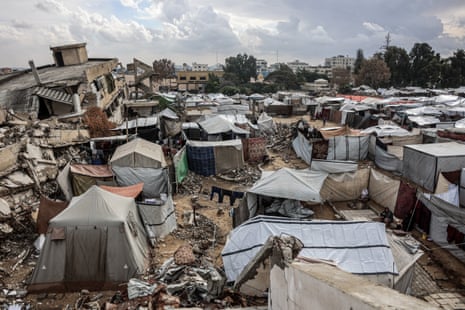
US lobbied hard for resolution support
The US had campaigned hard to get most members of the council on board with its resolution.
Its delegation has made it known that the resolution has the backing of several Arab and Muslim-majority nations.
“Any refusal to back this resolution is a vote either for the continued reign of Hamas terrorists or for the return to war with Israel, condemning the region and its people to perpetual conflict,” the US ambassador to the United Nations, Mike Waltz wrote in The Washington Post on Friday.
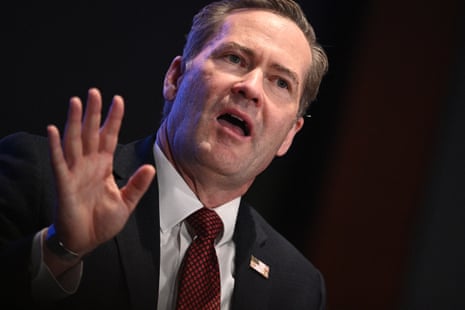
Current UN security council members
The five permanent members of the UN security council with veto power are: US, UK, France, China, Russia.
The other members of the council for 2025 are: Algeria, Denmark, Greece, Guyana, Pakistan, Panama, Korea, Sierra Leone, Slovenia and Somalia.
Each member of the council has one vote. A draft resolution needs at least nine “yes” votes, including the concurring votes of all five permanent members.
Russia and China had competing draft focusing more on Palestinian statehood
Veto-wielding Russia and China had also circulated a competing draft, saying the US document did not go far enough towards backing Palestinian statehood.
The competing text, as seen by some outlets, called on the Security Council to express “unwavering commitment to the vision of the two-state solution.”
It did not lend calls of support for a governing Board of Peace or for the deployment of an international force- instead calling for “options” on those issues.
The Russian-Chinese rival text is probably closer to the true views of the Arab states on a two-state solution, but the Gulf countries know they have to work with the US text since Trump’s endorsement is necessary in order for Israel to accept the stabilisation force.
What does the resolution say?
The US-led resolution “endorses” Donald Trump’s plan for Gaza, the first phase of which secured the fragile ceasefire between Israel and Hamas in October.
In addressing the second phase, the resolution:
-
Authorises the creation of an International Stabilisation Force that would work to secure border areas, protect civilians, facilitate humanitarian assistance, support the training and deployment of a reconstituted Palestinian police force, and de-militarise the Strip (this includes overseeing the permanent de-commissioning of weapons held by Hamas and other armed groups in Gaza)
-
Indicates that Israeli forces fully withdraw once the force has established security and operational control across the territory
-
Approves the creation of a “Board of Peace” - the transitional governing body for Gaza, to be chaired by Trump, which will have an initial mandate to do so for the next two years – to coordinate security, humanitarian and reconstruction planning. This would guide Gaza towards a reformed Palestinian governing authority
-
Mentions a possible future Palestinian state - a last-minute addition following pressure from Arab states. The resolution outlines a pathway towards Palestinian self-determination and eventual statehood, linked to accountable governance and reconstruction milestones. Israel, of course, continues to firmly reject the notion of a Palestinian state
UN security council to vote on Gaza international force plan in resolution that also references Palestinian state
The UN security council will shortly vote on a resolution that would authorise an international stabilisation force to the Gaza Strip, as per the next phase of Donald Trump’s 20-point Gaza plan.
And in an eleventh-hour addition following pressure from Arab states, the US-drafted resolution now also includes a tentative reference to a future Palestinian state.
The resolution’s wording was drafted several times after rounds of negotiations, and is now supported by key Arab and Muslim-majority countries.
But Russia, which has passed around its own resolution, and China, may abstain from the vote.

 2 months ago
45
2 months ago
45
